Introduction
Adolescence is a time of many significant changes for teens, and one of those changes is a greater emphasis on their social lives. Teenagers are maturing into adults, taking on new roles within their families, and becoming more self-conscious than they were when they were younger. This can cause anxiety because it makes them feel different from everyone else. Fortunately, there are ways for parents to support their children in coping with mental health issues by being supportive and understanding when they require additional assistance.
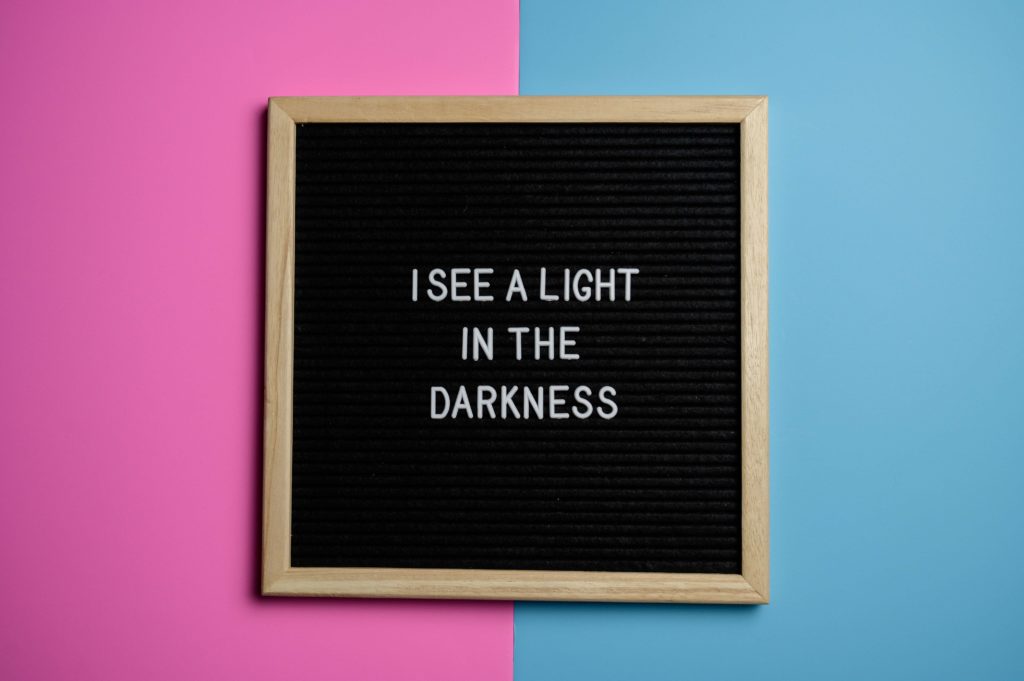
Social Anxiety is a disorder that overwhelms a person with fear of being judged, negatively evaluated, or rejected.
Social anxiety disorder is characterized by a person’s fear of being judged, negatively evaluated, or rejected. It can be very intense and sickening. Because they are anxious about going to school in the morning, some people have difficulty concentrating on schoolwork or even sleeping at night.
Many people experience social anxiety in middle school, when they notice that others are looking at them differently than before, as if they are crazy or weird. This can cause them to avoid situations where they might receive negative attention from others, like parties or any gatherings because they no longer want those kinds of interactions!
Social anxiety is much more than just shyness.
When you’re a teenager, it’s difficult not to feel like everyone else is above you. You may feel as if you don’t belong in their world, as if they all know more than you and have better things to say than you do.
But the truth is that this sensation makes no sense! In fact, social anxiety occurs when we are concerned about being judged or embarrassed by other people. It usually involves some level of discomfort in the presence of other people (and sometimes even yourself).
The problem with this is that it makes it extremely difficult for us to perform well in situations requiring confidence or self-esteem simply because of how long it has been since our last interaction with someone else (or ourselves).
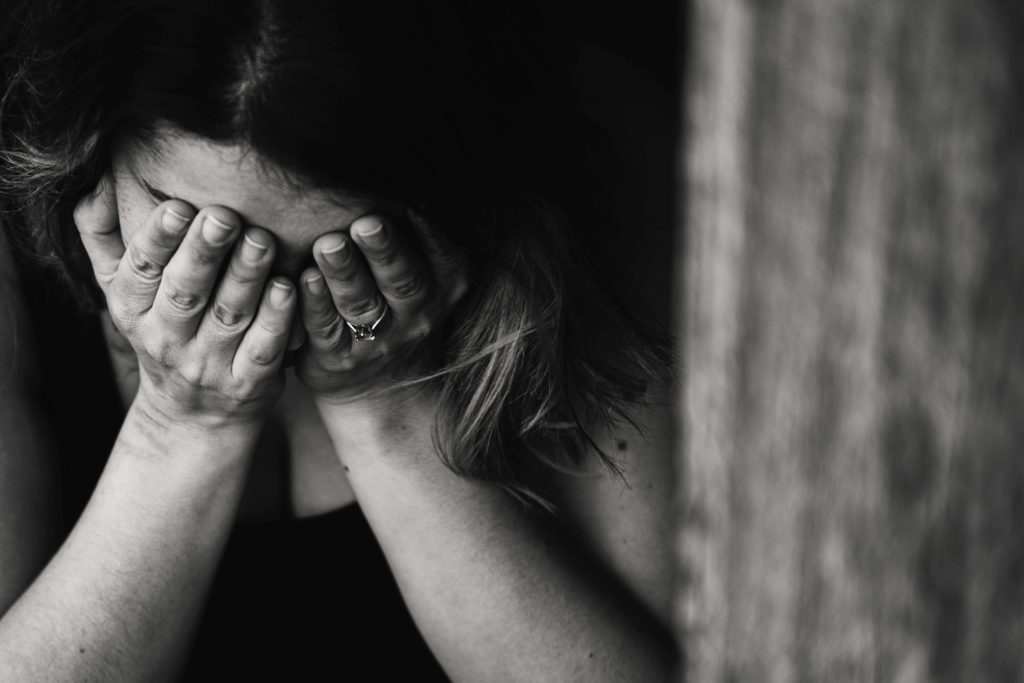
Symptoms of social anxiety can include blushing, sweating, trembling and feeling dizzy or sick.
The following are some of the most common symptoms of social anxiety:
- Blushing. This is one of the first indications that you are self-conscious. When we are nervous, our skin becomes hot and our faces become red. If this happens to you, it’s natural to feel embarrassed or ashamed about the cause of your blush in front of others who are watching (even if they don’t notice).
- Palms and feet are sweating. When we are nervous about speaking in front of others, our bodies react by sweating profusely—regardless of whether it is hot or cold outside! This can be embarrassing when you’re around friends who understand how much stress affects your body’s natural cooling mechanisms; however, whether or not someone else notices shouldn’t matter.
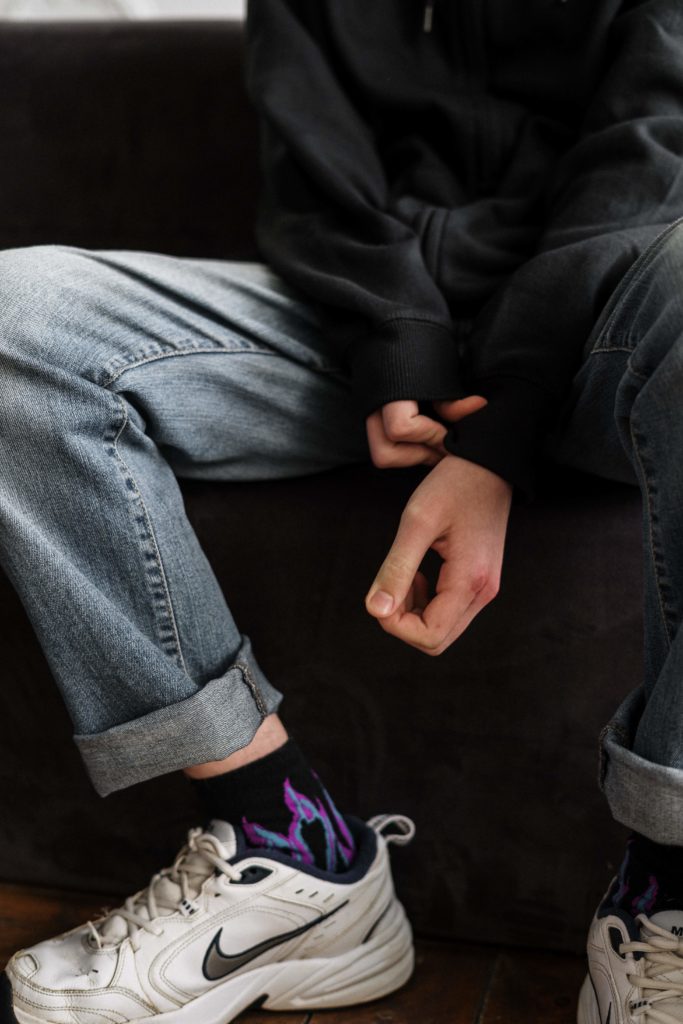
Diagnosis is important because social anxiety is treatable.
The first step in treating social anxiety is ensuring that you have the correct diagnosis. Because social anxiety manifests itself differently in each individual, it is critical to work with a therapist who has prior experience working with people suffering from this condition. If you have undiagnosed social anxiety, you may have other problems as well (like depression or another mental illness). Your doctor will want to rule out these conditions before treating your symptoms and determining what is causing them.
Knowing how long it takes for treatment to work—and how much effort you have to put in—is an important aspect of treating social anxiety. It’s common for people who struggle with social awkwardness or fearfulness around others at school or work—or even just texting with friends—to take weeks or months before they feel confident enough to not only talk but also listen intently when someone else speaks around them.
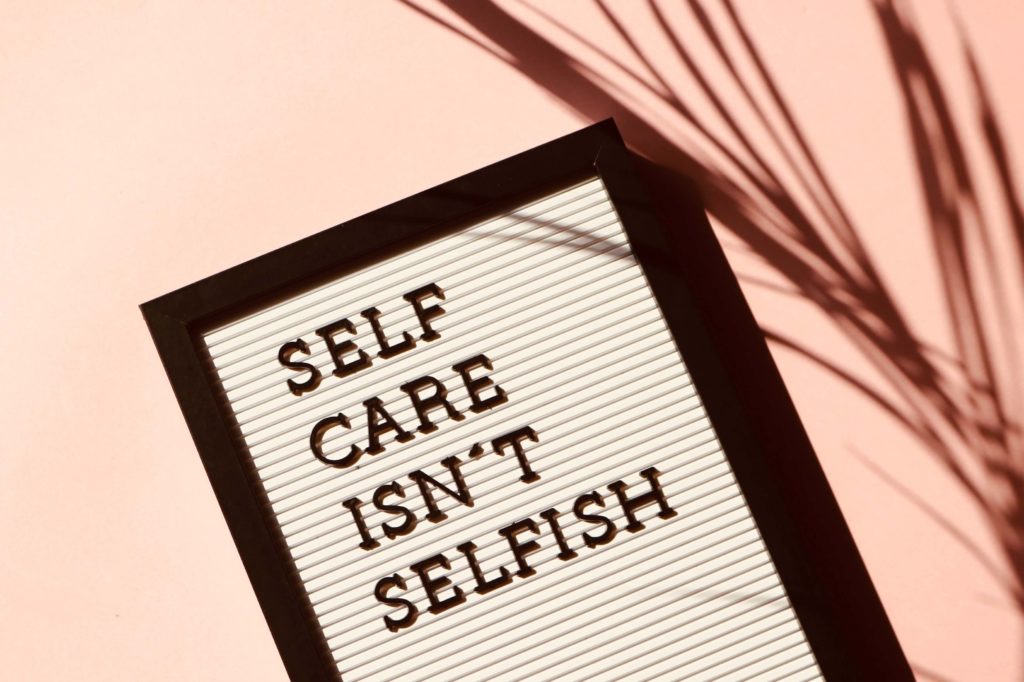
The onset of social anxiety most frequently happens when children reach adolescence.
Adolescence is the most common age for the onset of social anxiety. Teens are more self-conscious than younger children, and they are under a lot of pressure from their peers and society to fit in. This can make them feel embarrassed or anxious when they try new things, such as going on dates or meeting new people at school, leading them to avoid these situations altogether rather than trying them out.
Puberty is marked by many significant changes to the body and sometimes leads teens to feel different from their peers and uncomfortable in their own skin.
Puberty is a period of rapid physical change for your body, and some teenagers may interpret it as a sign that they aren’t “just like” their peers. They may feel awkward and uncomfortable in their own skin as they get older—they may not know what to do with their hair or how to dress appropriately for the situation at hand. In addition to feeling out of place among their peers, some teenagers may also feel out of place within their own family or home environment.
Teens tend to become more self-conscious rather than less as they grow older.
Teens are also more self-conscious than they have ever been. They’re trying to fit in with their peers and are concerned about how others perceive them. This can lead to teens believing that they must change in order to be accepted by their friends or loved ones.
The key point here is that the changes in body image issues are more visible than ever before—teens have grown up seeing images of models on magazines, billboards, and TV shows; they’ve learned how important appearance is when it comes to dating (or not). The pressure from society makes it more difficult for young people who suffer from social anxiety disorder because they now believe they have something wrong with them rather than simply being awkward or shy.

There are always ways for parents to help their kids through any mental health issues, including social phobia
As a parent, you want to do everything possible to assist your child. If they are dealing with mental health issues, it is critical that you understand how to talk about them and what resources are available to them.
- Encourage your child’s emotional openness by asking questions and ensuring that they feel comfortable sharing their thoughts and ideas with others. According to research, children who feel supported when discussing problems develop more trust in adults than those who do not have such conversations as frequently.
- Make sure that the content of these conversations does not include any negative comments or criticisms about yourself or others—rather, focus on helping the child find solutions to his/her problems rather than on blame/praise statements like “You’re so smart!” or “You’re so stupid!” These kinds of comments can cause even more emotional distress because they make us feel like we’ve failed to meet our children’s expectations (i.e., “I’m not good enough”).
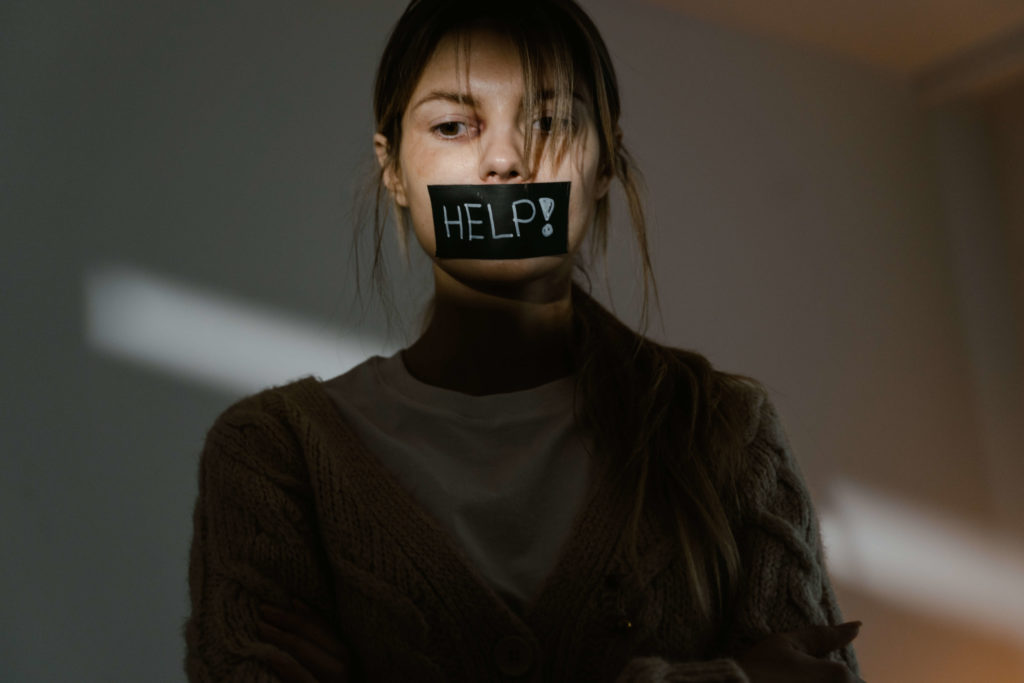
Conclusion
Anyone, regardless of gender, race, or ethnicity, can suffer from social anxiety. Even though the majority of people who experience social anxiety during their adolescence will overcome the symptoms without treatment by their mid-twenties, dealing with their fears can be difficult for teenagers. Remember that you are never alone, and it is perfectly acceptable to seek professional assistance.

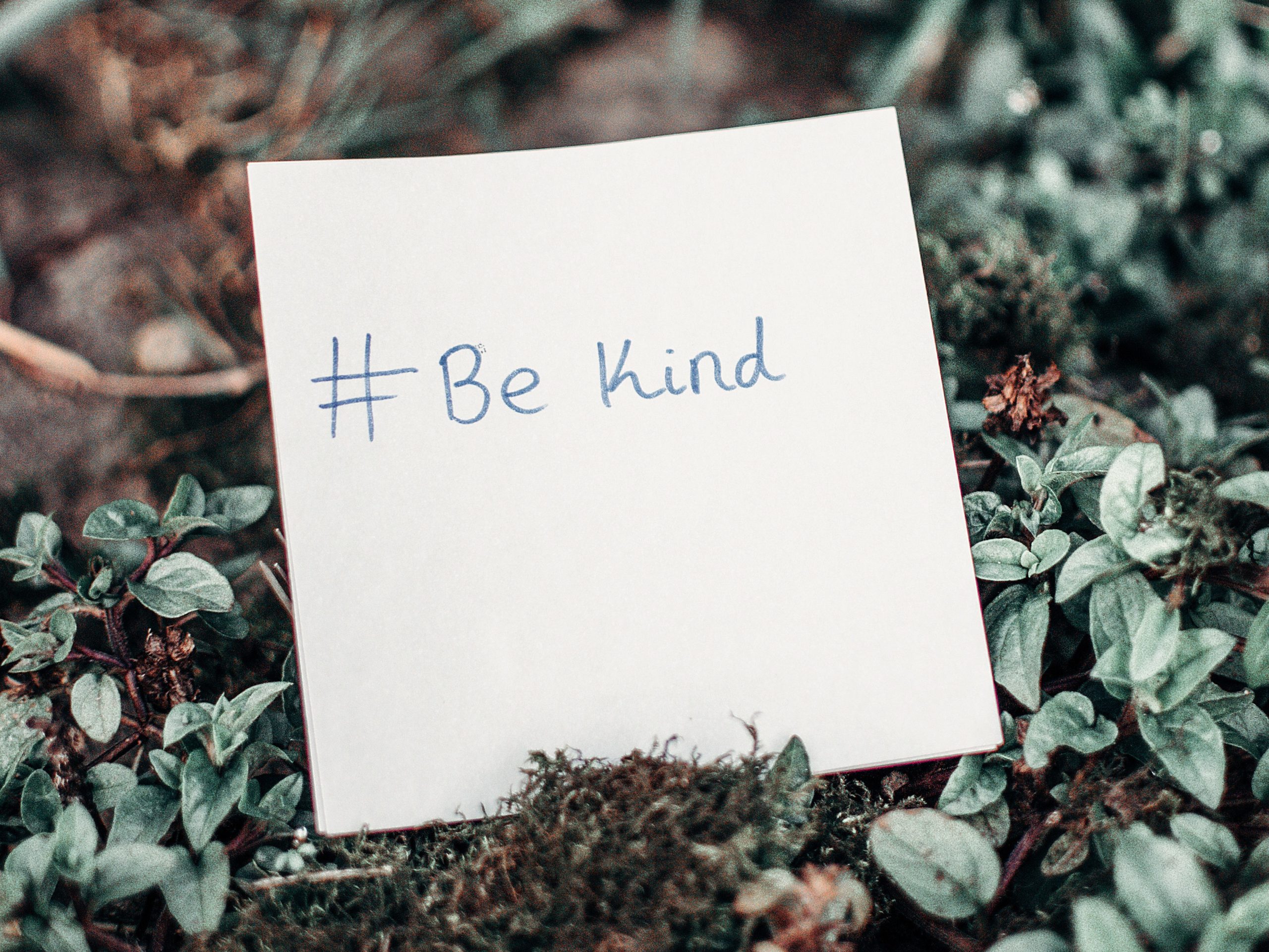
I want to extend a heartfelt thank you for taking the time to read this blog post. I hope it was informative, insightful, and most importantly, useful to you. Mental health is an important topic that affects us all, and I’m grateful for the opportunity to share my thoughts with you.
If you have any thoughts or comments, I encourage you to leave them in the comment box below. Your feedback is essential to me and helps me create content that is tailored to your needs.
If you found this post helpful, please subscribe to my newsletter for more resources and updates on mental health. You can also reach out to me via email if you have any questions or just want to chat. Remember, taking care of your mental health is important, and you are not alone.
Leave a Reply